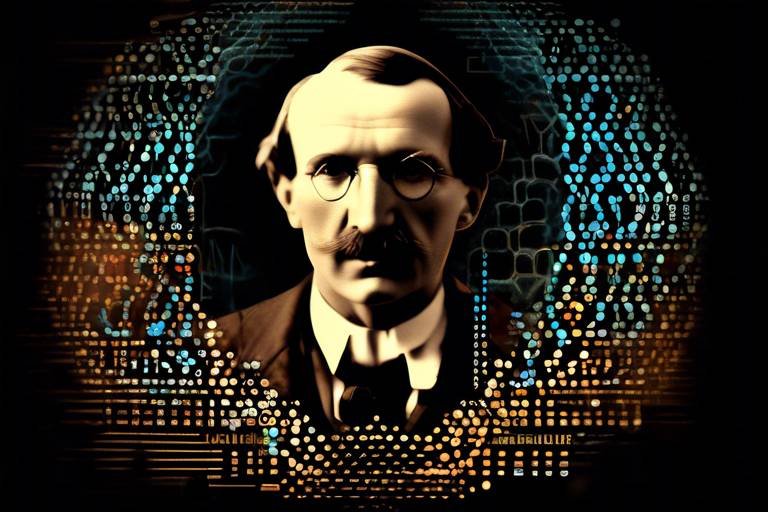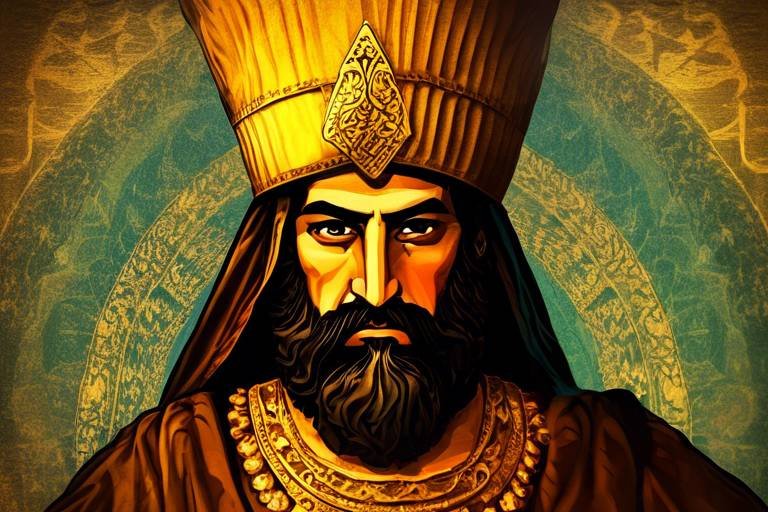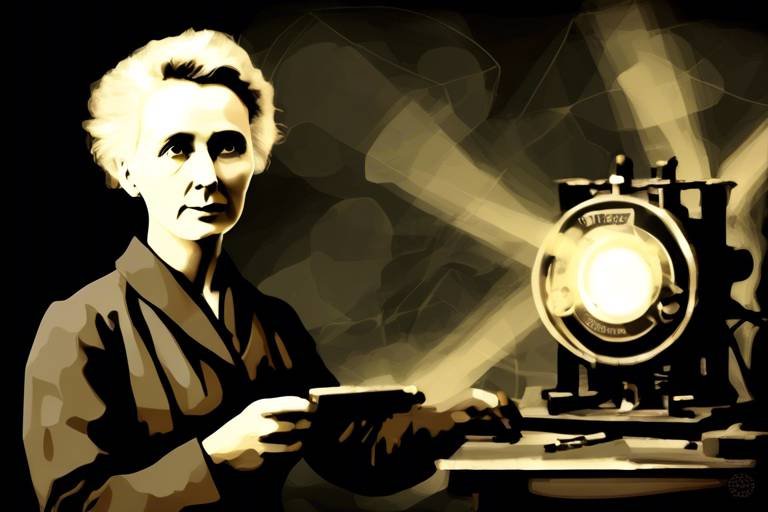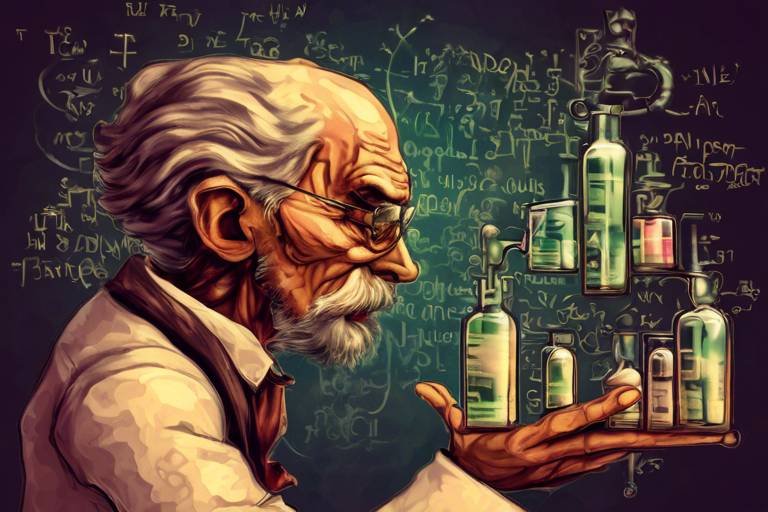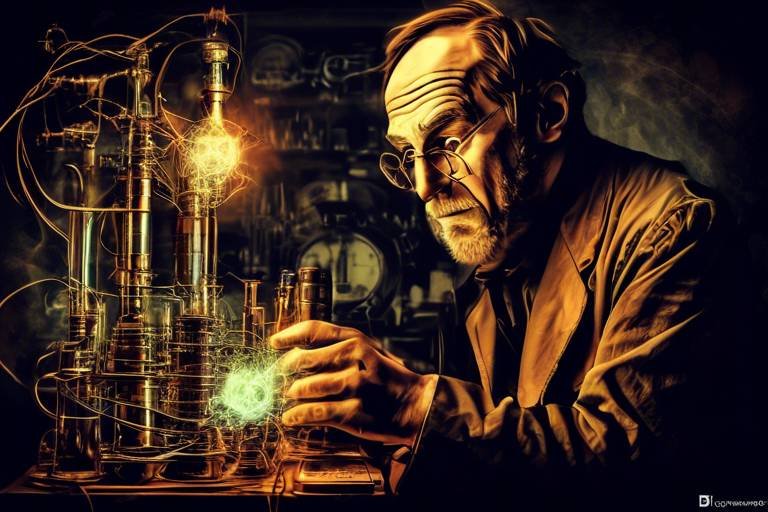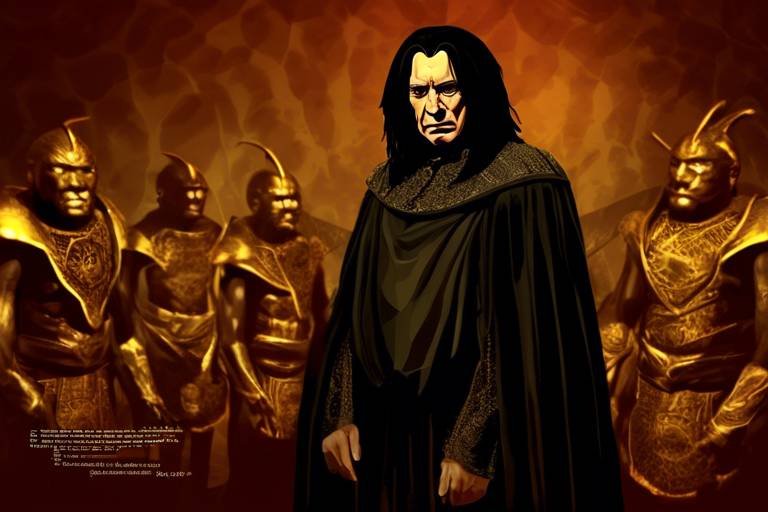Planck: The Father of Quantum Theory
Max Planck, widely regarded as the father of quantum theory, was a trailblazing physicist whose groundbreaking contributions revolutionized the field of physics. His innovative work laid the foundation for a new era of understanding at the atomic and subatomic levels, challenging classical physics and paving the way for quantum mechanics.
Planck's early life and education played a crucial role in shaping his scientific pursuits. Born in 1858 in Kiel, Germany, he displayed an early aptitude for mathematics and physics. His studies at the University of Munich and the University of Berlin provided him with the knowledge and skills necessary to embark on his pioneering research journey.
One of Planck's most significant achievements was his solution to the black body radiation problem, a perplexing puzzle that had confounded physicists for decades. By introducing the revolutionary concept of quantized energy levels, Planck proposed a bold quantum hypothesis that defied classical physics and laid the groundwork for a new theoretical framework.
The emergence of quantum mechanics from Planck's work marked a paradigm shift in our understanding of the behavior of particles at the atomic level. The concept of wave-particle duality, central to quantum theory, challenged traditional notions of the nature of matter and energy, opening up a realm of possibilities for further exploration and discovery.
Max Planck's legacy continues to resonate in the world of physics, with his introduction of the Planck constant standing as a cornerstone of quantum mechanics. This fundamental constant, which quantifies the relationship between energy and frequency at the quantum level, has far-reaching implications for various areas of physics and remains a critical component of modern scientific research and technological advancements.

Early Life and Education
This article delves into the life and contributions of Max Planck, the pioneering physicist known as the father of quantum theory. Explore his groundbreaking work and its impact on the field of physics.
Max Planck was born on April 23, 1858, in Kiel, Germany, into a family of scholars. His father was a law professor, and his grandfather was a theology professor. Growing up in an academic environment, Planck developed a keen interest in natural sciences from a young age. He pursued his education at the University of Munich and later at the University of Berlin, where he studied physics under renowned scientists such as Hermann von Helmholtz and Gustav Kirchhoff. These early influences played a crucial role in shaping Planck's passion for physics and laying the foundation for his future groundbreaking discoveries.
Learn about Planck's revolutionary solution to the perplexing black body radiation problem, which led to the development of quantum theory and transformed the field of physics.
Explore Planck's bold proposal of quantized energy levels to explain the emission of radiation from a black body, challenging classical physics and setting the stage for a new era.
Delve into the principles of quantum mechanics that emerged from Planck's work, revolutionizing our understanding of the behavior of particles at the atomic and subatomic levels.
Examine the concept of wave-particle duality, a fundamental aspect of quantum theory proposed by Planck, which revolutionized our understanding of the nature of matter and energy.
Learn about the lasting legacy of Max Planck's contributions to physics and how his work continues to influence scientific research and technological advancements in the modern world.
Discover the significance of the Planck constant, a fundamental constant of nature introduced by Planck, and its crucial role in quantum mechanics and various areas of physics.

Black Body Radiation Problem
The was a perplexing challenge in physics that puzzled scientists for decades. It centered around the emission of electromagnetic radiation from an object that absorbs all radiation incident upon it, known as a black body. Classical physics failed to explain the observed spectrum of radiation emitted by black bodies, leading to what seemed like an insurmountable obstacle in understanding the behavior of light and matter.
Max Planck, however, approached this problem with a fresh perspective and a willingness to challenge conventional wisdom. In 1900, he introduced his revolutionary solution that would change the course of physics forever. Planck proposed that the energy emitted by a black body is not continuous, as classical physics assumed, but instead comes in discrete packets or "quanta." This groundbreaking idea laid the foundation for the field of quantum theory and marked a significant departure from the prevailing scientific beliefs of the time.
By postulating that energy is quantized, Planck not only provided a solution to the black body radiation problem but also opened the door to a new realm of understanding at the atomic and subatomic levels. This quantum hypothesis not only explained the observed radiation spectrum but also set the stage for the development of quantum mechanics, a revolutionary branch of physics that would redefine our understanding of the fundamental nature of the universe.

Quantum Hypothesis
Max Planck's marked a pivotal moment in the history of physics. It all started with his daring proposal of quantized energy levels to explain the puzzling phenomenon of black body radiation. Imagine a world where energy is not continuous but exists in discrete, indivisible packets. Planck's bold suggestion challenged the very foundation of classical physics, where energy was thought to flow in a smooth, uninterrupted manner. This groundbreaking idea laid the groundwork for the development of quantum theory, ushering in a new era of understanding the behavior of particles at the most fundamental levels.

Quantum Mechanics
This article delves into the life and contributions of Max Planck, the pioneering physicist known as the father of quantum theory. Explore his groundbreaking work and its impact on the field of physics.
Quantum mechanics, stemming from Max Planck's revolutionary work, represents a paradigm shift in our understanding of the universe at the smallest scales. It delves into the behavior of particles at the atomic and subatomic levels, challenging classical physics and introducing a new realm of possibilities.
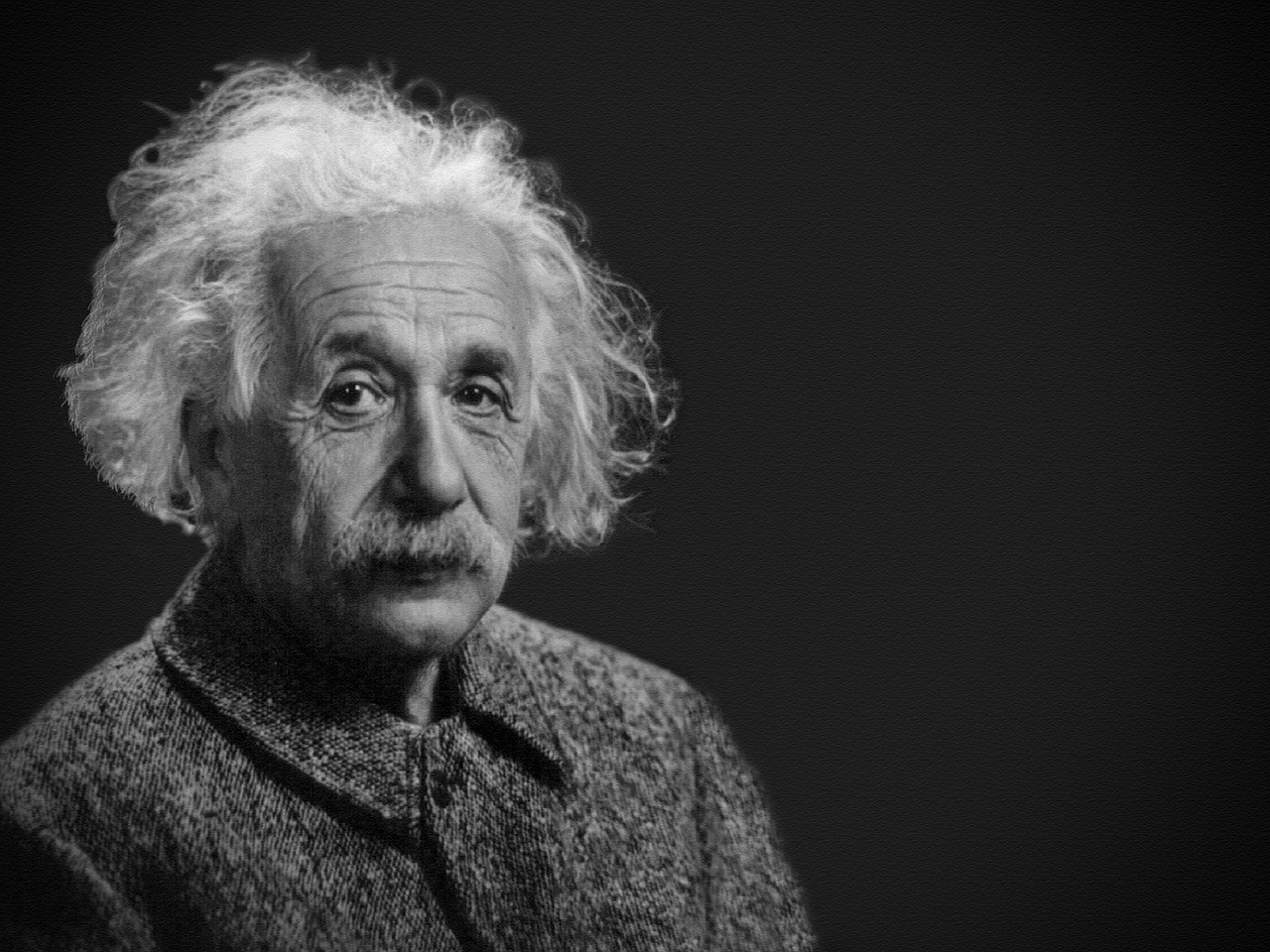
Wave-Particle Duality
This article delves into the life and contributions of Max Planck, the pioneering physicist known as the father of quantum theory. Explore his groundbreaking work and its impact on the field of physics.
Discover Max Planck's upbringing, education, and early influences that shaped his interest in physics and laid the foundation for his future groundbreaking discoveries.
Learn about Planck's revolutionary solution to the perplexing black body radiation problem, which led to the development of quantum theory and transformed the field of physics.
Explore Planck's bold proposal of quantized energy levels to explain the emission of radiation from a black body, challenging classical physics and setting the stage for a new era.
Delve into the principles of quantum mechanics that emerged from Planck's work, revolutionizing our understanding of the behavior of particles at the atomic and subatomic levels.
Examine the concept of wave-particle duality, a fundamental aspect of quantum theory proposed by Planck, which revolutionized our understanding of the nature of matter and energy.
Learn about the lasting legacy of Max Planck's contributions to physics and how his work continues to influence scientific research and technological advancements in the modern world.
Discover the significance of the Planck constant, a fundamental constant of nature introduced by Planck, and its crucial role in quantum mechanics and various areas of physics.
Stay tuned for some commonly asked questions about Max Planck and his contributions to quantum theory.

Legacy and Impact
This article delves into the life and contributions of Max Planck, the pioneering physicist known as the father of quantum theory. Explore his groundbreaking work and its impact on the field of physics.
Discover Max Planck's upbringing, education, and early influences that shaped his interest in physics and laid the foundation for his future groundbreaking discoveries.
Learn about Planck's revolutionary solution to the perplexing black body radiation problem, which led to the development of quantum theory and transformed the field of physics.
Explore Planck's bold proposal of quantized energy levels to explain the emission of radiation from a black body, challenging classical physics and setting the stage for a new era.
Delve into the principles of quantum mechanics that emerged from Planck's work, revolutionizing our understanding of the behavior of particles at the atomic and subatomic levels.
Examine the concept of wave-particle duality, a fundamental aspect of quantum theory proposed by Planck, which revolutionized our understanding of the nature of matter and energy.
Max Planck's contributions to physics have left an indelible mark on the scientific community. His work continues to shape modern research and technological advancements, influencing various branches of science. One of the most significant legacies of Planck is the introduction of the Planck constant, a fundamental constant of nature that plays a crucial role in quantum mechanics and various areas of physics. This constant serves as a cornerstone in understanding the behavior of particles at the quantum level and has paved the way for numerous scientific breakthroughs.
Discover the significance of the Planck constant, a fundamental constant of nature introduced by Planck, and its crucial role in quantum mechanics and various areas of physics.

Planck Constant
The Planck constant, denoted by h, is a fundamental physical constant that plays a pivotal role in the field of quantum mechanics. Introduced by Max Planck in 1900 as part of his groundbreaking work on black body radiation, the Planck constant represents the smallest possible unit of energy that can be emitted or absorbed by an electromagnetic wave. This constant is crucial in determining the energy of individual quanta and is instrumental in understanding the behavior of particles at the atomic and subatomic levels.
Expressed as approximately 6.626 x 10^-34 Joule seconds, the Planck constant serves as a cornerstone in various areas of physics, including quantum theory, particle physics, and spectroscopy. Its value is fundamental in calculations involving the energy of photons, the frequency of electromagnetic waves, and the wavelength of particles. The precise determination of the Planck constant has enabled scientists to make significant advancements in the development of quantum technologies and the study of fundamental particles.
Moreover, the Planck constant is intrinsically linked to Planck's quantum hypothesis, which proposed that energy is quantized and can only exist in discrete units. This revolutionary concept laid the foundation for the field of quantum mechanics and challenged the classical understanding of physics. By introducing the Planck constant, Max Planck initiated a paradigm shift in scientific thinking that continues to shape our understanding of the universe at its most fundamental level.
Frequently Asked Questions
- What is Max Planck known for?
Max Planck is renowned as the father of quantum theory. His groundbreaking work on black body radiation and the introduction of the quantum hypothesis revolutionized the field of physics.
- What was the Black Body Radiation problem, and how did Planck solve it?
The Black Body Radiation problem was a perplexing issue in physics related to the emission of electromagnetic radiation from a black body. Planck proposed the revolutionary idea of quantized energy levels, which laid the foundation for quantum theory and provided a solution to this long-standing problem.
- How did Planck's Quantum Mechanics contribute to modern physics?
Planck's Quantum Mechanics introduced the concept of wave-particle duality, which transformed our understanding of the behavior of particles at the atomic and subatomic levels. This theory has had a profound impact on modern physics and technological advancements.
- What is the significance of the Planck constant?
The Planck constant, introduced by Max Planck, is a fundamental constant of nature that plays a crucial role in quantum mechanics and various areas of physics. It is a key component in understanding the behavior of particles and the quantization of energy.




